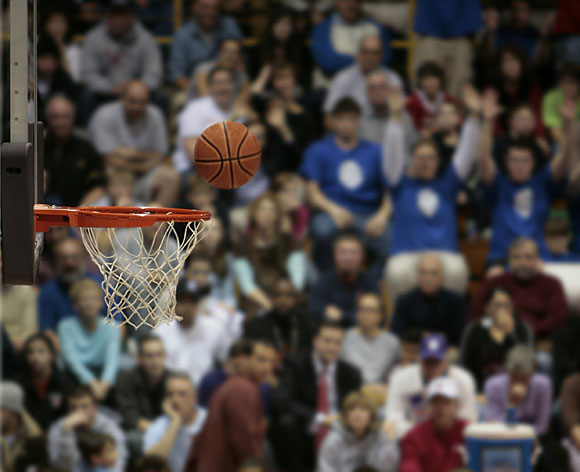Say league is tossing up a brick with reliance on annuities; 'solution of last resort'
Advisers aren't thrilled about a new arrangement that will require National Basketball Association players to sock away money for retirement into annuities.
The savings plan, part of a decade-long collective bargaining agreement reached between the NBA and the players' union, requires the athletes to put away 1% of their income from basketball into an annuity, according to Bloomberg.
The agreement is a response to high-profile cases in which multimillionaire players ended up in financial ruin. Former NBA players Allen Iverson, Scottie Pippen, Latrell Sprewell and Antoine Walker are among retired professional athletes who have gone bust after careers in which they earned tens of millions of dollars.
“The annuity is a way for the union and the league to no longer deal with the issue [of retired players' bankruptcies],” said Femi Shote, president of Asset Harvest Group LLC.
Along with a league pension, players also will be enrolled into a retirement savings plant into which another 5% to 10% of their salaries will be deposited automatically.
Though the moves are an attempt to forestall future riches-to-rags stories, financial advisers who work with professional athletes question whether an annuity is the best way to go.
“I'm on the fence on how it really fits for the player,” said Andre Mirkine, a financial adviser with Wells Fargo Advisors and president of the Sports Financial Advisors Association. “As we know, unfortunately, many of [the players] need money immediately after they're done with their careers.”
The typical career is five to six years, with some players turning pro after just one year of college, he added.
Retired players can tap the money at 50, according to Bloomberg. But Mr. Mirkine noted that players who live large may need that money within the first five years of their retirement — which is long before they reach 50.
There is also the matter of long-term low interest rates: Buying a fixed annuity now effectively locks in today's low interest rates, meaning the interest credited to the annuity also will be low, Mr. Mirkine added.
Rather than contribute a portion of players' salaries to an annuity, advisers said it made better sense to instill good savings habits, including budgeting and investing early.
“When people talk about this annuity program, they're looking at the financial aspects and not the cultural aspects," said Mr. Shote. "It's about these players going bankrupt. They go broke because of their lifestyle choices.”
“There's no magic in an annuity; the insurance company invests in preferred stocks and bonds,” he added. “But you can do that without paying for the cost of an annuity.”
Mr. Mirkine added that the basics on budgeting and teaching players to save on their own can go a long way. “Committing to a plan of saving a portion of the salary now can come simply from not going to the max of the lifestyle,” he said. “If you're going to buy an Escalade, you don't need to put in $100,000 of modifications into it.”
“I think instituting a savings program starts before these kids get into the league,” he added. “It means giving them some form of education before they get the ticket.”







